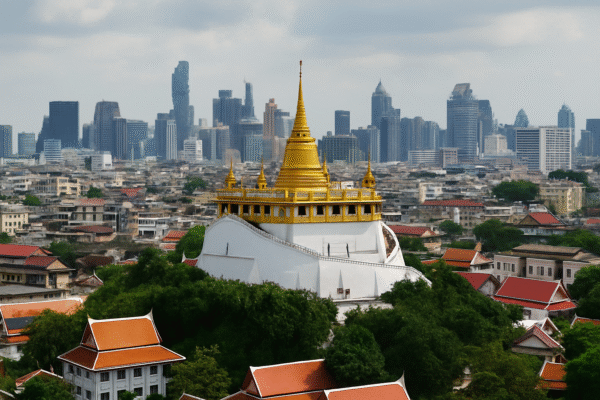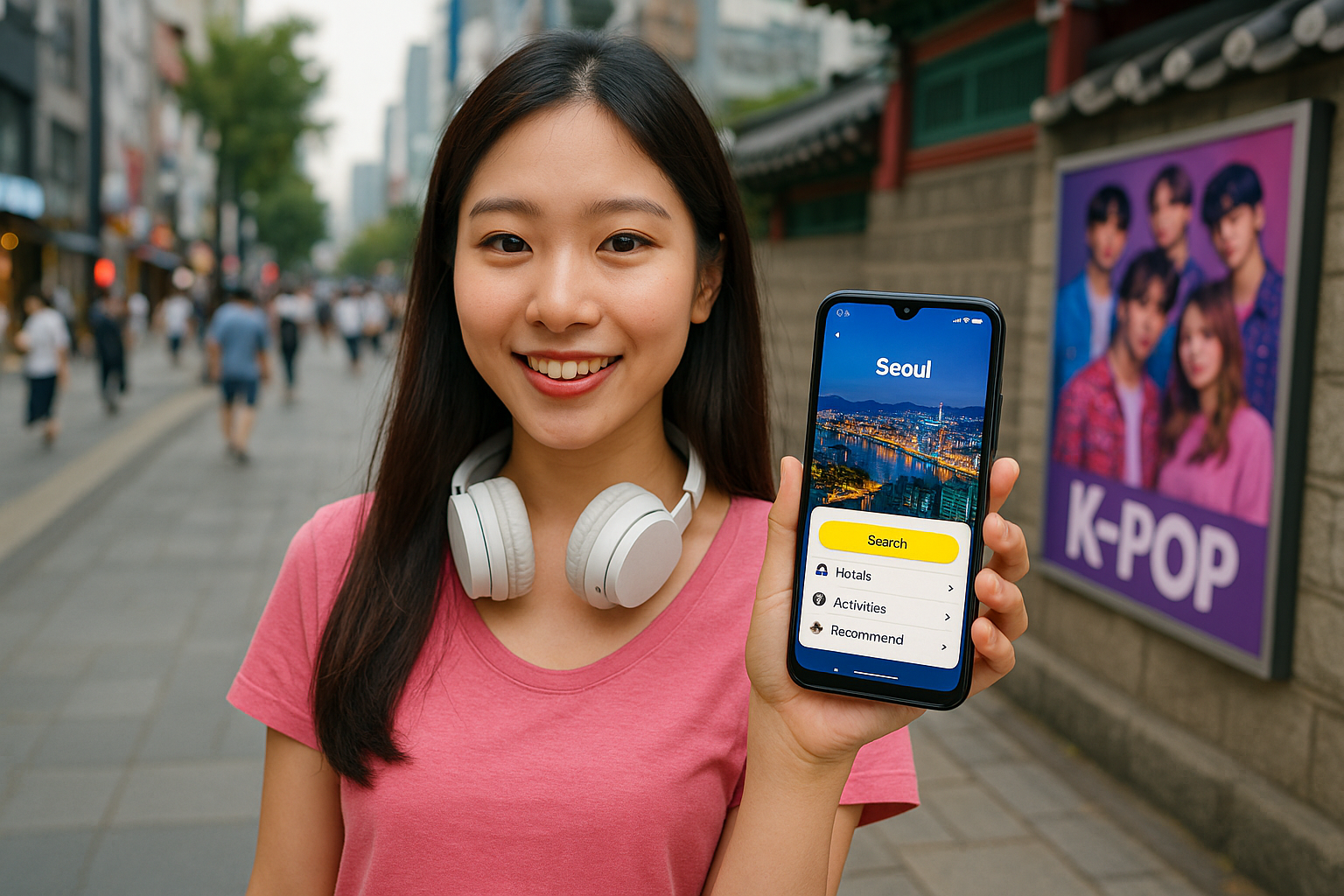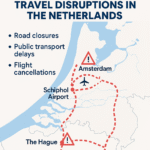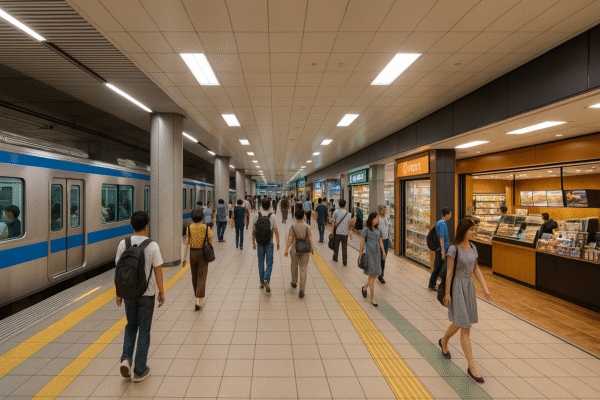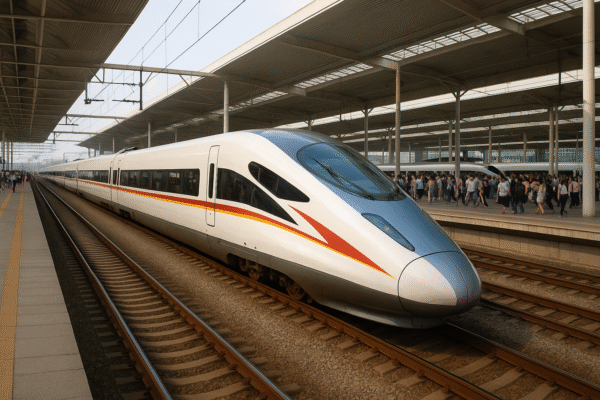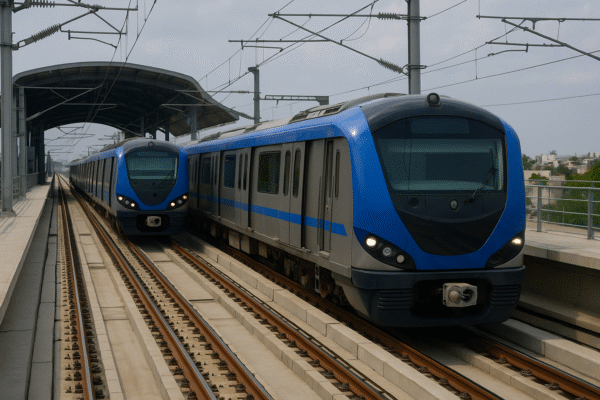As the global popularity of K-pop, K-dramas, and Korean cuisine (K-food) continues to grow, South Korea is rapidly emerging as one of the world’s top cultural tourism destinations. Capitalizing on this momentum, Booking.com, a global leader in digital travel services, has unveiled a new wave of AI-powered innovations to deliver hyper-personalized travel experiences tailored to the unique interests of Hallyu (Korean Wave) fans.
At the 2025 Consumer and Retail Forum held at the Westin Chosun Hotel in Seoul, Nuno Guerreiro, Director for North Asia and the Pacific at Booking.com, emphasized the pivotal role that artificial intelligence plays in shaping the future of travel.
“AI is more than just a tool—it’s essential in understanding behavior and customizing every aspect of the travel journey,” Guerreiro stated. “With Korea at the center of a global cultural movement, we are committed to delivering truly personalized experiences to each traveler.”
K-pop and K-culture as Catalysts for Tourism Growth
Fueled by a global fascination with Korean pop culture, interest in Korea as a destination has skyrocketed. Booking.com has reported:
- A 20% increase in K-pop-related searches on its platform compared to the previous year
- A 30–40% annual growth rate in bookings in K-pop hotspots like Seoul and Busan
- A rising trend in event-based travel related to K-pop concerts, food festivals, and drama filming locations
To meet this demand, the platform has introduced specialized offerings such as the ‘Ultimate K-pop Experience’, which includes curated accommodations, venue proximity options, and event access for Hallyu enthusiasts.
AI-Powered Customization Enhancing the Travel Experience
Booking.com has long integrated artificial intelligence across its platform, but recent advances in generative AI and machine learning have ushered in a new era of personalization. Its latest tools include:
- Smart Filters: Let users input complex preferences like “hotel in Amsterdam with a rooftop bar overlooking the canal” and receive accurate suggestions in real time.
- AI Trip Planner: A conversational planning tool that designs custom itineraries based on users’ interests, adjusting dynamically throughout their trip.
- Review Summaries: AI-driven summaries extract key information from thousands of user reviews, simplifying decision-making for travelers.
- Real-Time Q&A: Instantly answers specific queries such as pet policies or EV charging availability at selected accommodations.
“The more you use Booking.com, the more precisely AI understands your preferences,” said Guerreiro. “The system evolves to serve you better every time.”
The AI Trip Planner, initially launched in the U.S. in 2023, is now active in the U.K., Australia, New Zealand, and Singapore, and is expected to roll out across Asia soon. It allows users to create flexible travel schedules that can adapt to real-time changes, all within an intuitive chat interface.
South Korea: A Strategic Hub for Smart Tourism
South Korea’s appeal lies not only in its vibrant entertainment and culinary scene but also in its technological sophistication and urban infrastructure, making it an ideal location for AI-powered tourism services.
Booking.com’s strategic focus on Korea aligns with government efforts under the Ministry of Culture, Sports and Tourism (MCST), which aims to welcome over 30 million international tourists by 2027, largely driven by K-culture exports.
According to the Korea Tourism Organization (KTO), events like Seoul Festa, Busan One Asia Festival, and KCON are seeing record foreign attendance, with many fans planning extended stays to visit iconic filming locations and sample local cuisine.
‘Connected Trip’ Strategy for Seamless Journeys
Booking.com is developing a ‘Connected Trip’ super app, a one-stop platform integrating flight booking, hotel reservations, transportation, activity planning, and payment—all enhanced by AI. The goal is to provide frictionless travel, especially for digital-savvy millennials and Gen Z travelers who expect both flexibility and instant results.
The super app will cater to both global travelers and small-to-medium local tourism businesses in Korea. Guerreiro stressed the importance of real-time communication between hosts and guests:
“For local partners to connect with global audiences, they must curate unique experiences and respond quickly to evolving preferences. We facilitate that through our platform.”
Booking.com is also investing in localized content, ensuring that Korea’s lesser-known gems—like Jeonju’s hanok villages, Gyeongju’s heritage sites, and Gangwon’s mountain retreats—are featured alongside Seoul’s megacity attractions.
The Road Ahead: Blending Technology with Emotion
As Korea’s cultural footprint expands worldwide, Booking.com sees AI as a bridge—not just between travelers and destinations, but also between emotion and experience. By personalizing travel through data, Booking.com helps visitors discover Korea not as tourists, but as participants in a living, breathing cultural narrative.
“Whether it’s walking in a K-drama protagonist’s footsteps or savoring authentic street food at Gwangjang Market, we want our users to experience Korea in ways that are personal, memorable, and seamless,” Guerreiro concluded.
For more travel news like this, keep reading Global Travel Wire





